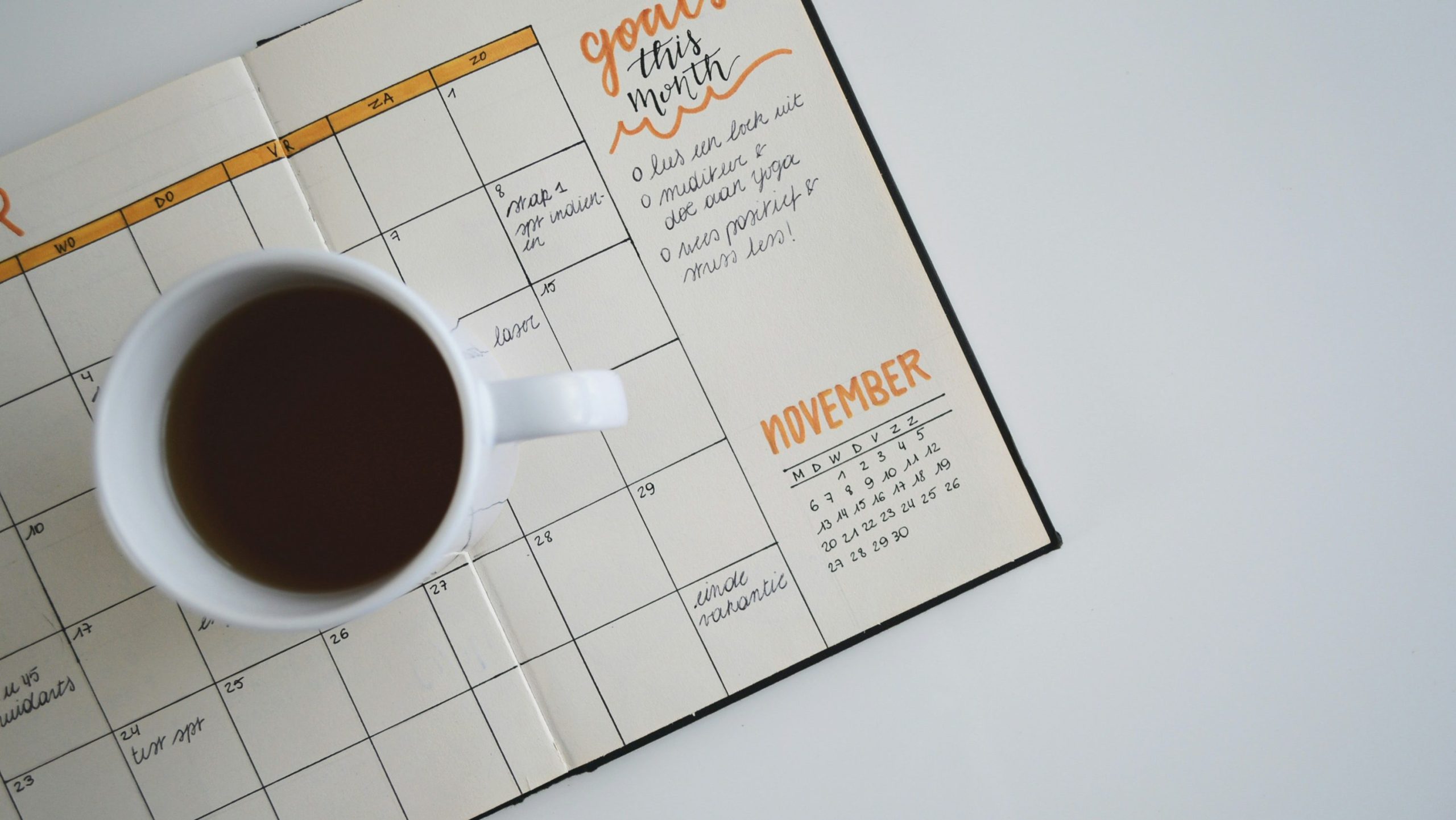
Now that January is done and dusted and the excitement of the new year is long in the past, it is time to look back on all the resolutions we made in the heat of the New Year’s hullaballoo. Most of us would have made many frivolous resolutions, but sprinkled among these resolutions, I am sure there are some vital resolutions and goals that have to be achieved. Click here to learn how to choose resolutions that matter.
One of the reasons why people fail to keep their resolutions is that they don’t track their progress and results. Tracking your resolutions can help you stay motivated, focused, and accountable. It can also help you measure your success and celebrate your achievements.
There are many reasons to keep track of your goals, such as:

- Providing clarity and refinement of your goals.
- Monitor the progress of your goals and enable you to adjust your plans to achieve your goals.
- Keeping track of the goals you have achieved will provide you with the motivation needed to achieve your pending goals.
- Helping you analyse your successes and failures and learn from them to improve and grow.
But how can you best keep track of your resolutions?
There are many ways to track your resolutions, depending on your preferences, needs, and goals. Here are some of the most common and effective methods:

- Write down your goals and resolutions: The step might sound basic and not something you should be reminded about. But how many of us put pen to paper (or enter it into our laptops/phones/tablets) and note these so-called “important” resolutions? You can use notes to write down your resolutions, action plans, daily or weekly tasks, progress, challenges, insights, and reflections. You can also use it to express your thoughts and feelings about your resolutions.
- Use a planner: The devil is in the details. People who use a calendar know how useful it can be to increase efficiency and keep track of progress. The organiser/calendar is a tool that can be far more useful than reminding you of your next meeting – it helps you keep track of the goals you have to achieve, how far you have gone and how much further you have to go to achieve your goals. Create a calendar that contains every milestone on the road to your goals, and break them down as much as you can – week/month/quarter (however long you can go). You can use it to schedule tasks, set deadlines, mark milestones, and plan rewards. You can also use it to visualise your progress and see how your resolutions fit into your life.
- Data and Charts: As professionals in the modern workforce, we are all familiar with data analytics, spreadsheets, charts and graphs. Is there a better tool to use than something you already know? A spreadsheet or a chart is a powerful way to track your resolutions. You can use it to create tables, graphs, or diagrams that show your data, such as your inputs, outputs, indicators, or metrics. You can also use it to analyse your data and see the trends, patterns, or correlations related to your resolutions.
- Use the power of technology: Can you even imagine a life before smartphones and apps? Life has become so much easier and fun because of smartphones, but a smartphone without apps is just a regular phone. Apps make everything we do so much easier and, in some cases, fun. An app or a tool is a convenient and fun way to track your resolutions. You can use it to record your actions, track your outcomes, set reminders, receive notifications, and access your resources. You can also use it to gamify your resolutions and earn points, badges, or rewards for your achievements.
Have I missed any points you feel can help someone stick to their resolutions? I hope the few ideas shared here can help you stay on track and achieve your goals in 2024. How were you planning on tracking your resolutions? Comment below.

If your resolution for this year is to do a master’s degree or learn something new, then explore the number of specialised master’s degree programmes offered by Robert Kennedy College through exclusive partnerships with top British universities. Or, if you have already made up your mind, click here to apply.














